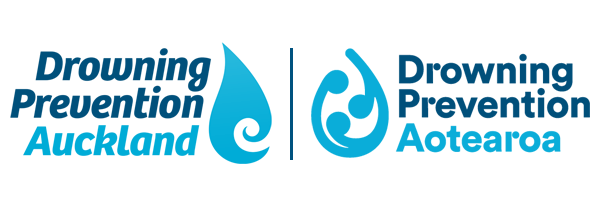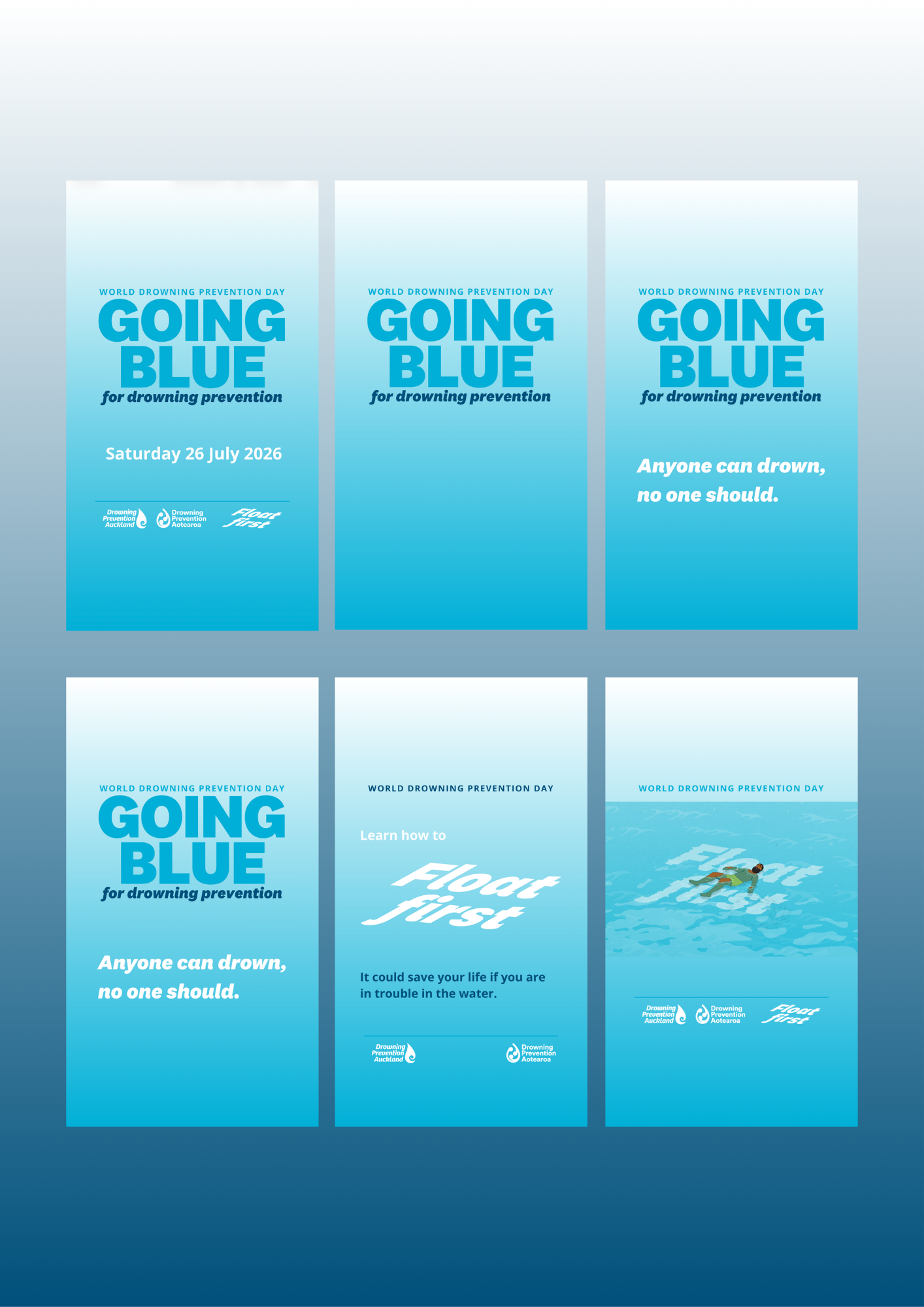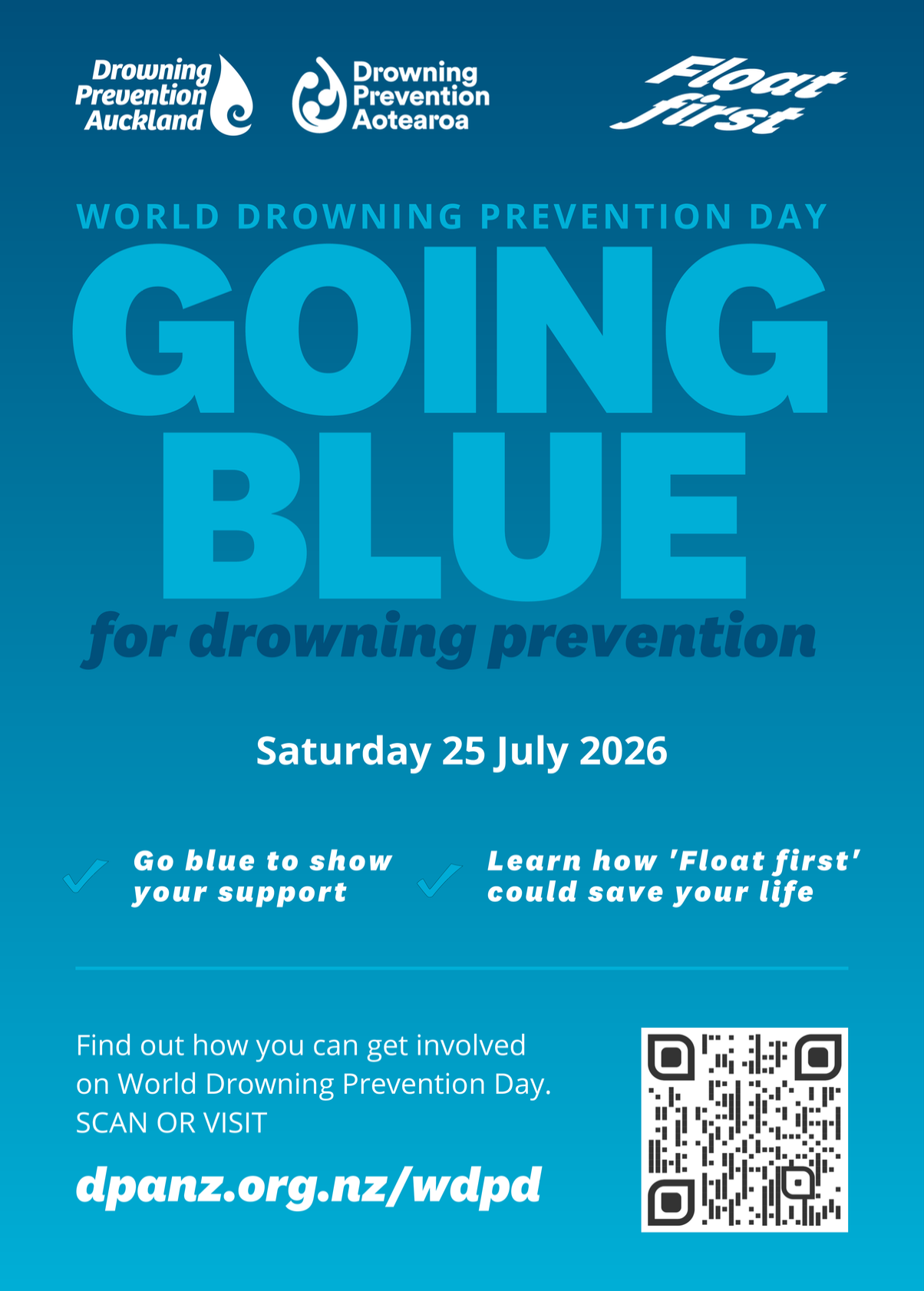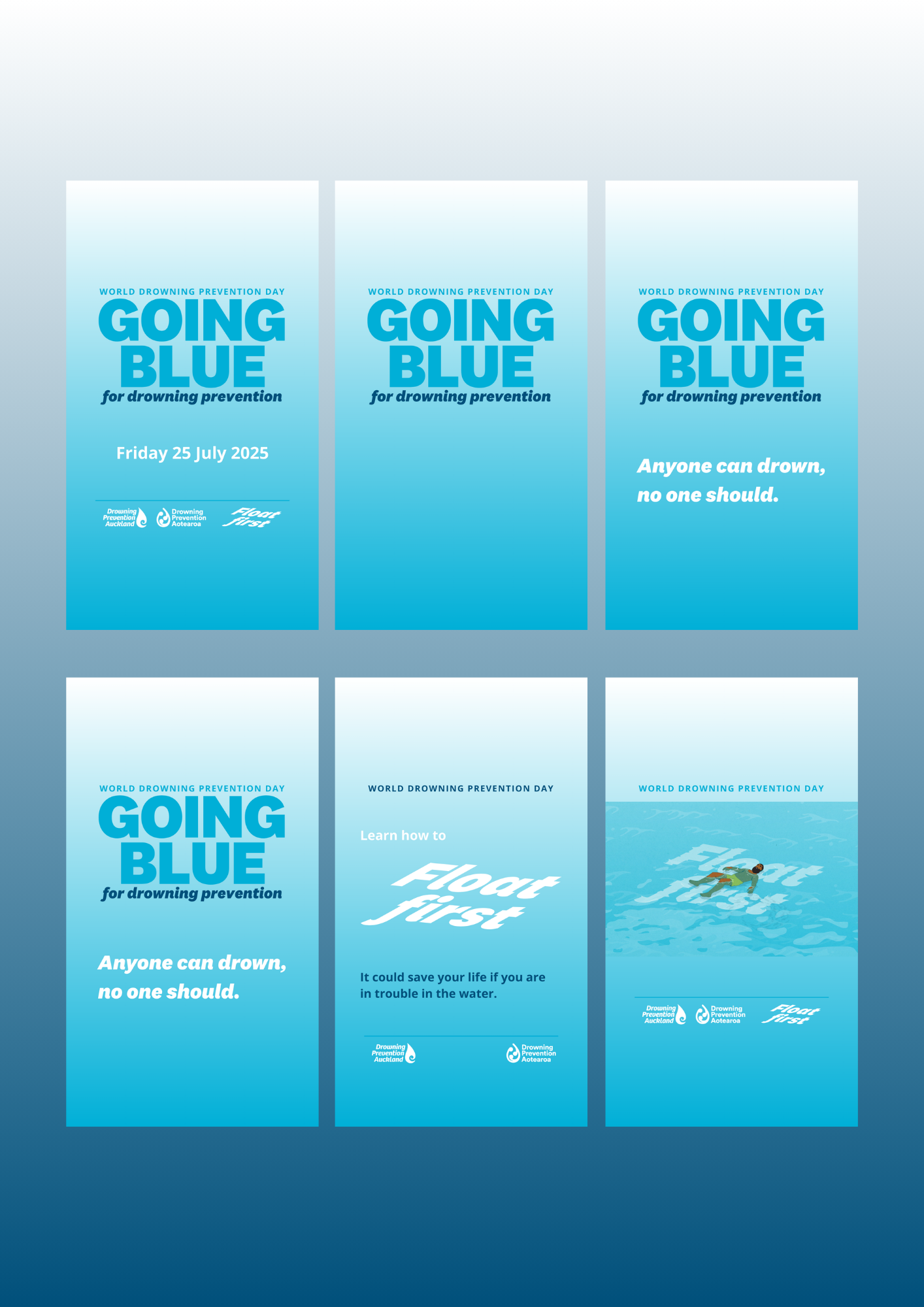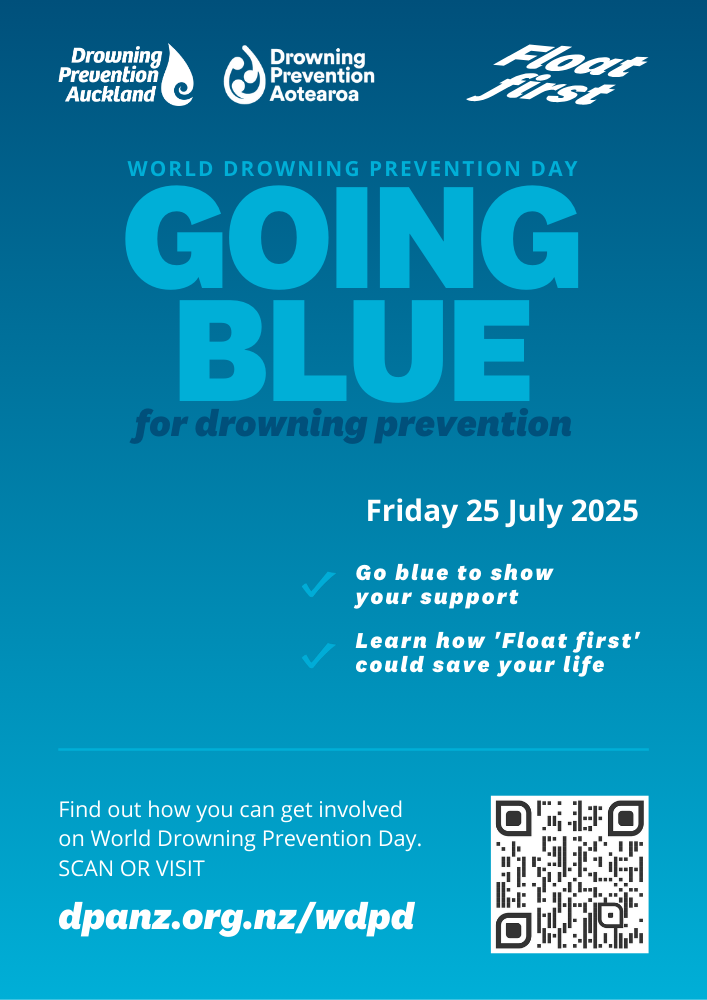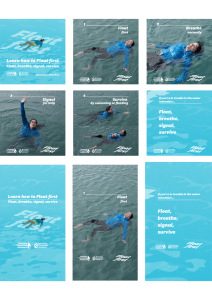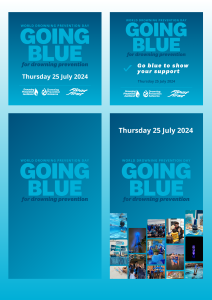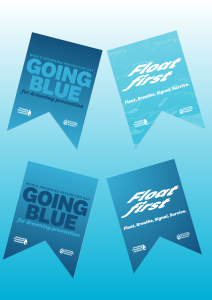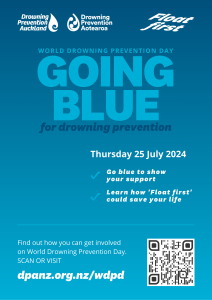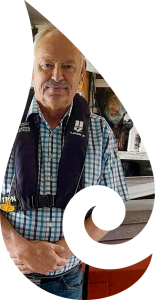Māori Water Safety
Māori Water Safety
Kia rangona te kupu, ka mārama ai nga tikanga, kā ora ai te iwi. To learn, you must understand the purpose in order for it to prosper.
Mātāpono Māori Wai Haumaru (Māori Water Safety Guiding Principles)
Check out our e-learning module in Te Reo Māori covering common water-based activities
Our programmes are developed to meet the needs and wants of Māori and are focussed on education around traditional water activities, including kai moana gathering and waka ama. These needs are being met by having a Māori Aquatic Educator who delivers and coordinates our Māori water safety programmes.
Through these programmes we look to create community leaders and ambassadors; for them to share what they have learnt through the programme with others in their whānau and community.
We work with whānau to ensure sustainability of whenua, moana and resources for future generations. We like to take care of tāngata, whenua, and moana. We do this by working with local iwi and marae to establish needs and adjust our programmes to suit.
We feel that we promote our cultural heritage and recognise our bi-culural nation in all aspects of our work. We demonstrate Te Tiriti o Waitangi within our practice.
The Aotearoa five-year average percentage for Māori ethnicity drowning is 19% with the Tāmaki Makaurau percentage at 5.4% for the same five-year period (2015-2019).
Māori Men aged 15-44 years are most at risk, as a result of the tendency to overestimate their ability and underestimate the dangers. It is evident that there is a need for Māori focussed water safety education through the drowning statistics and we believe that the need and want for our Māori water safety programmes will help reduce the risk of drowning.
The need for Māori focused water safety education intervention is evidenced socially and environmentally. Socially Auckland Māori are urban, not necessarily linked to their hapū or iwi and most of the marae in Tāmaki Makaurau are pan-Māori. Environmentally there is a growing involvement in traditional areas such as waka sports.
We need to keep working with Māori people to reduce the drowning toll and we can do this through education to change attitudes and behaviours in, on and around water environments.
Please contact Aquatic Educator Clayton Wikaira to discuss how we can work together to enable your whānau and community to become safer in, on and around water.
Testimonials for our kai moana gathering workshop
Programme Contact
Madison Chang – Team Leader Community
Email: madison.chang@dpanz.org.nz
